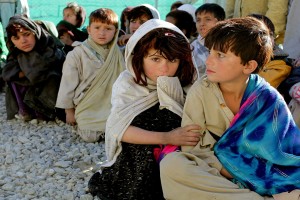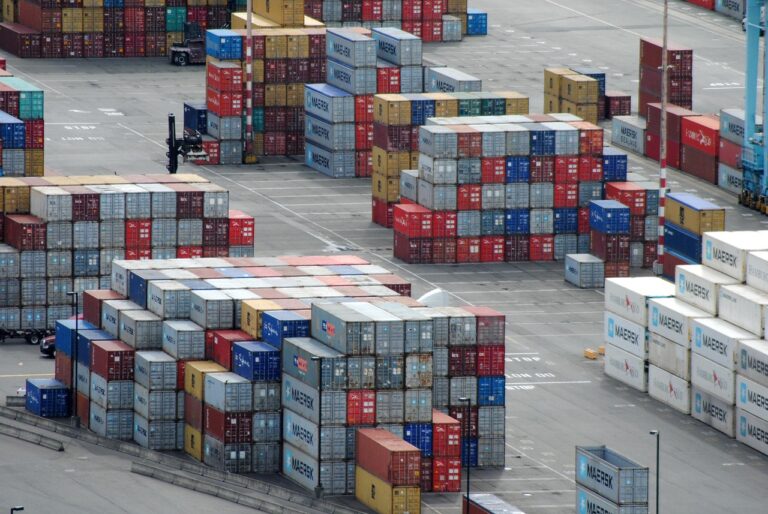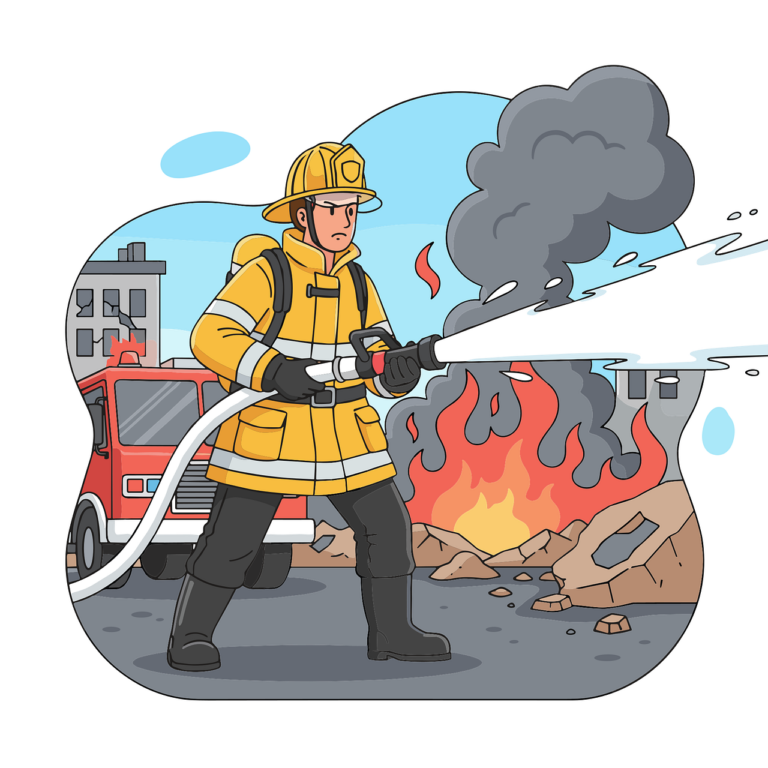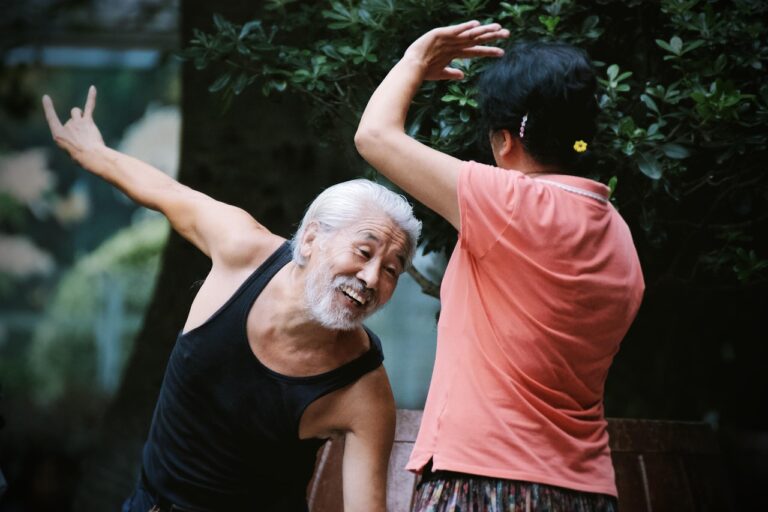
 By Dr. Rick Brennan*
By Dr. Rick Brennan*
As you know, the situation in Afghanistan remains volatile and tense. The tragic and shocking events of yesterday have greatly accelerated that tension. All of us at WHO – and I am sure all humanitarian partners – extend our sincere condolences to the families who have lost loved ones and to the women, men and children who have been injured.
In the very fluid context of Afghanistan there are many uncertainties and unknowns. But what remains certain is that the humanitarian needs across the country are enormous and growing. We have said it before – even prior to the recent events, Afghanistan represented the 3rd largest humanitarian operation in the world, with over 18 million people in need in the context of conflict, displacement, drought and the COVID-19 pandemic.
And while tens of thousands of vulnerable Afghans are being evacuated through the air operation at Kabul airport, millions of vulnerable Afghans will remain behind – and we have a collective responsibility to continue to assist them. Our spirit of solidarity must not be conveyed not just in words, but in concrete actions.
The UN is committed to staying and delivering in Afghanistan. WHO stands together with our other UN partners in that commitment.
Of course, in an insecure and volatile setting our first priority will always remain the safety and security of our staff. Over recent weeks we have taken all appropriate steps to do so. We continue to monitor the security situation and are making relevant adjustments.
Our second main priority is to ensure the continuity of essential health services, especially for the most vulnerable, including women and children. WHO has staff in all 34 provinces across the country monitoring the health situation. The good news is that of around 2,200 health facilities that they are monitoring, 97% remain open and functioning. The more sobering news is that they are rapidly running out of medical supplies and WHO is not currently able to meet their needs.
We have only a few days of supplies left and our exploring all options to bring more medicines into the country. There are multiple security and logistics constraints to doing so – but we hope and expect that we will be able to do so in the coming days, with the support of the Pakistan government. Kabul airport is not an option at present and so we are likely to use Mazar-i-Sharif, with our first flight hopefully going in the next few days.
In Afghanistan we are especially concerned about the needs of women and children. Already we are hearing that some female health workers are not attending work and that there has been a decline in the attendance of women and children at some facilities. This again highlights the need to ensure the availability of medical supplies, to support female health workers in their work, and to encourage women and children to seek health care when they need it.
We have many other urgent health needs right now – meeting the needs of the displaced, treating trauma, controlling the COVID-19 pandemic, addressing malnutrition, and so on. WHO is working on all of these issues.
But it is not too early to also look forward and consider how we will continue to provide health care in the medium and longer term. Over the past two decades there have been tremendous health gains across Afghanistan. While Afghanistan remains a tough place to be a woman or a child, we have to remember that maternal mortality rates have reduced by around 60% and child mortality rates by around 50% over the past two decades.
Moreover, thousands of health care workers have been trained, including female health workers – midwives, nurses, doctors and so on. We cannot have a rolling back of those health gains.
Over the coming weeks and months, WHO will be working with donors, partners and health authorities to establish mechanisms for the continuity of international support for the health system in Afghanistan. That support must be designed in manner that sustains and further advances the health gains of the past 20 years.
Finally, for the past week or so, the eyes of the world have been on focused on the major air operation at Kabul airport. But once that evacuation mission ends, the enormous humanitarian needs will continue. And our work will then enter a new phase which will bring complexities and scale that we have not seen before. In spite of these challenges, WHO and the UN will be there for the people of Afghanistan.
*Regional Emergency





